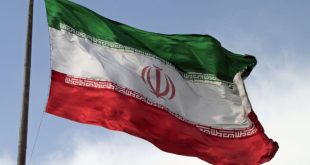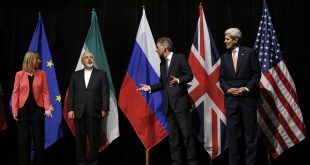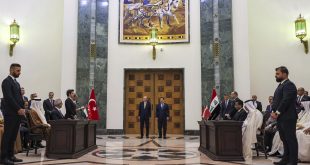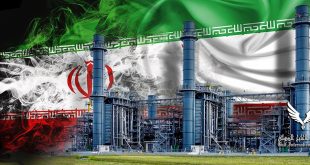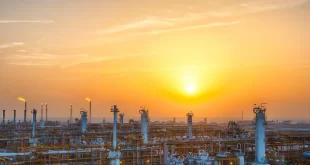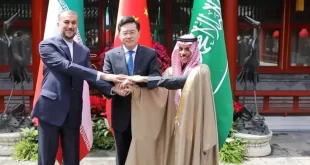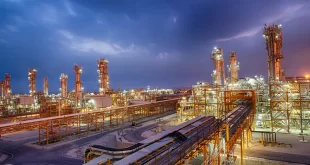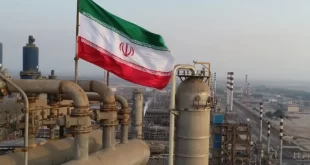Historically reliant on its abundant gas and oil resources, Azerbaijan is currently experiencing a significant energy transition aimed at enhancing sustainability and broadening its energy composition. The country has made large investments in hydroelectric, solar, and wind power to meet its ambitious targets for increasing the share of renewable energy …
Read More »Powering change: Iran’s electricity crisis and the path forward under Pezeshkian
Iran’s mismatch between energy supply and consumption has led to industrial power outages and blackouts for residential users, leading to increased poverty, economic losses and social unrest. The mismatch between energy production and consumption in Iran has made it difficult for the government to provide power to different users. As …
Read More »Iran’s Nuclear Ambitions: U.S. and EU Strategies for the New President
Both the United States and the European Union have expressed interest in constraining Iran’s nuclear program—but negotiations are fraught with risk, and require a willing partner in Tehran in order to achieve real progress. With the signing of the 2015 Joint Comprehensive Plan of Action (JCPOA), Iran agreed to suspend its nuclear …
Read More »Geopolitics and Challenges in Iraq’s Quest for Regional Connectivity
To advance its ambitious Development Road project, Iraq must navigate several obstacles, including inadequate infrastructure, corruption, security concerns, and a delicate geopolitical position. Last month, after Turkish President Recep Tayyip Erdogan visited Baghdad, Iraq announced that it would join the region-wide “Development Road” project, which will link the country with Qatar, the UAE, and …
Read More »Untangling the Motives Behind Iran’s New Energy Agreements
Beset by an unprecedented domestic energy crisis, Iran has sought to cement foreign energy deals and investment, to varied success. Though the country faces a raft of international sanctions and several major geopolitical hurdles, Iran’s oil and gas sector has seen a significant expansion in recent months—a period of growth marked by …
Read More »Iran Renews Iraq Gas Contract Amid Production Uncertainty
Despite a persistent and alarming deficit in its natural gas production, Iran recently chose to renew gas export contracts with Iraq – a decision that can have severe consequences for its own energy needs. While Iran boasts having the second largest natural gas reserves in the world, its production capacity …
Read More »Saudi Iranian Relations Remain Cool Despite Renewed Diplomatic Ties
Hopes for increased economic cooperation between Iran and Saudi Arabia following last year’s diplomatic reconciliation have not materialized, due to historical and political factors Saudi Arabia and Iran have a long history of hostility, usually taking opposing sides in regional conflicts such as Yemen, Lebanon, and Syria. This competition, fueled by disruptive activities …
Read More »Shaping the Future: The 7th GECF Summit and Geopolitical Realities of the Gas Market
On the heels of its latest forum in Algiers, the Gas Exporting Countries Forum (GECF) has grown substantially in size and influence, highlighting the essential role of natural gas in balancing global energy, promoting sustainability, and addressing market volatility, technological challenges, and geopolitical tensions. The 7th Gas Exporting Countries Forum (GECF) Summit in Algiers …
Read More »Qatar’s Gas Ambition Affects Iran’s Reserves
As Qatar sets higher ambitions for its gas output, Iranian officials scramble to justify their under-performance in developing the South Pars field, resorting to statistical maneuvers to deflect criticism. Sakhavat Asadi, the chief executive of Iran’s Pars Special Economic Zone Organization, has claimed that Iran’s natural gas production from the …
Read More »Limitations Abound On Iran’s Ability To Boost Oil Output
Bijan Zanganeh, Iran’s former oil minister, has made bold assertions regarding Iran’s potential to significantly increase its oil production, despite minimal investments and limited access to technology. Iran’s crude oil production stood at an estimated 3,163,000 barrels per day as of January 2024, showing a slight decrease from December 2023’s output of …
Read More »

